President Tinubu's Anticipated Approval of Enhanced Minimum Wage
Nigerian President Bola Tinubu is anticipated to sign the landmark Minimum Wage Bill into law next week, solidifying a notable change in the financial landscape for Nigerian workers. This bill, which seeks to raise the national minimum wage from ₦30,000 to ₦70,000, has already seen swift advancement through the National Assembly. It was finalized on Wednesday and promptly transmitted to the President on Thursday.
Senator Abdullahi Gumel, the Senior Special Assistant on National Assembly Matters, confirmed the development to various news outlets. The rapid passage through both the Senate and the House of Representatives signals a strong consensus among lawmakers regarding the importance of this wage increase. In particular, the National Minimum Wage Act 2019 (Amendment Bill) was reviewed and passed with a unanimous vote during Tuesday’s plenary sessions.
A New Dawn for Nigerian Workers
The proposed increase is more than double the previous minimum wage of ₦30,000, a figure that had been in place and due for renewal since April 18, 2024. This bill also includes a significant modification in the frequency of wage reviews, reducing the interval from five years to three years. This adjustment aims to ensure that wage levels remain more aligned with economic changes, inflation, and living costs, providing a more dynamic response to worker needs.
During a recent meeting with organized labour, President Tinubu committed to this new wage benchmark, reflecting broader efforts to address economic disparities and improve the standard of living for Nigerian workers. Hunger, poverty, and living costs have been escalating issues, and this bill represents a significant stride towards alleviating these burdens.
Details of the Legislative Process
The bill's journey through the legislative process can be seen as a testament to the urgency applied by lawmakers. The National Minimum Wage Act 2019 (Amendment Bill) underwent meticulous, clause-by-clause consideration by the Committee of the Whole before being passed unanimously. This level of scrutiny and support underscores the perceived necessity of the wage hike.
Multiple sources within the National Assembly highlighted that the bill’s smooth passage was facilitated by widespread recognition of the economic pressures facing Nigerian citizens. This acknowledgment of the ground realities played a pivotal role in expediting the process.
Economic Implications and Future Outlook
The potential economic implications of the new minimum wage are substantial. On one hand, the increase could alleviate some issues of worker welfare and income inequality, providing a much-needed boost to economic morale. On the other hand, it poses challenges for employers, particularly small and medium enterprises (SMEs), who may struggle with the increased payroll burden. The government will need to craft policies that balance these dynamics.
Experts suggest that the increased wage could inject more spending power into the economy, thereby stimulating demand for goods and services. This could potentially lead to positive ripple effects across various sectors, promoting economic growth.
However, inflationary pressures could also emerge, as businesses may adjust prices to compensate for increased wage bills. The shortened review period is another critical aspect, providing a mechanism for more frequent adjustments that could prevent prolonged disparities in worker compensation relative to economic conditions.
Moving Forward
As Nigeria waits for the presidential signature to formalize the new wage structure, stakeholders across the board are bracing for the impending changes. Workers are hopeful for a better financial standing, while employers and economists are considering the broader economic impact.
Through the implementation of the ₦70,000 minimum wage, the country could see a significant shift in the socio-economic landscape. The move signals not just an increase in wage, but a step towards addressing larger issues such as poverty and financial security for Nigerian citizens. It remains to be seen how this policy will play out in real terms, but the legislative and executive branches appear aligned on moving forward with these critical changes.
Conclusion
In summary, the minimum wage increase to ₦70,000 marks a pivotal moment for Nigeria's socio-economic fabric. It underscores a commitment to improving the livelihood of its workers, adjusting legislative frameworks to be more responsive, and potentially igniting positive economic growth. President Tinubu’s anticipated endorsement next week will be a moment of considerable significance, one that will inevitably shape the nation’s economic trajectory in the years to come.

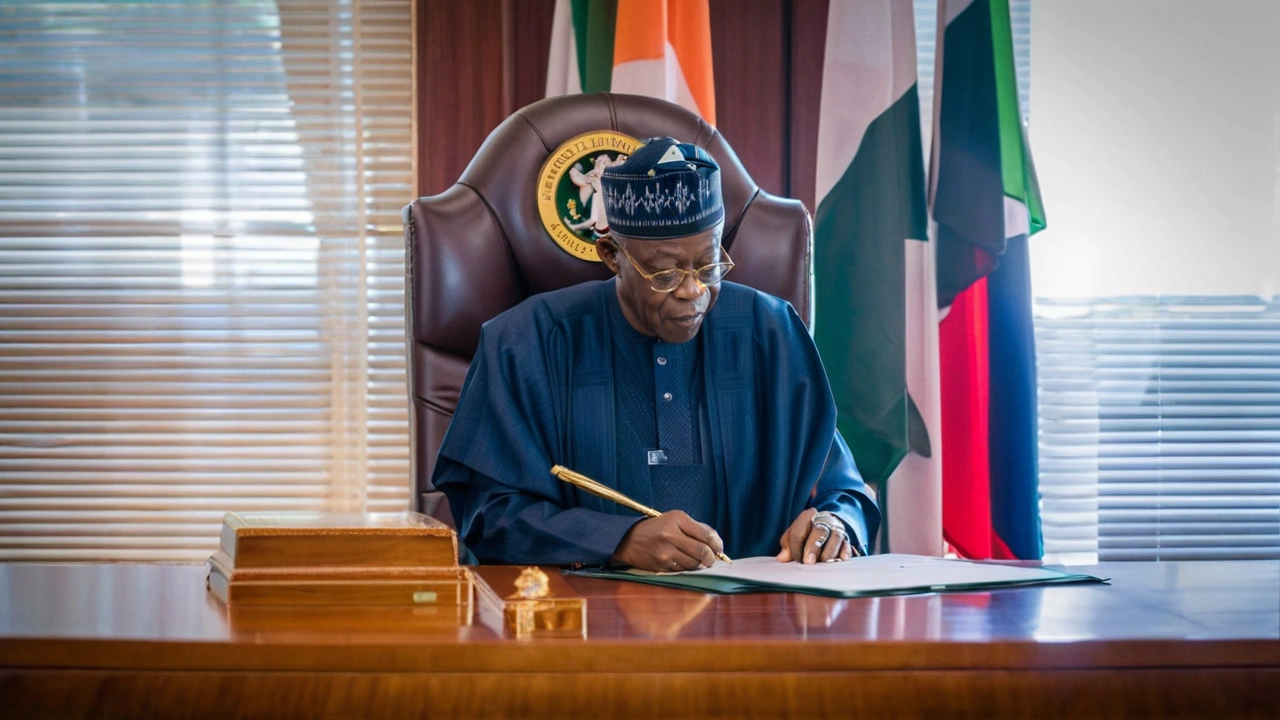
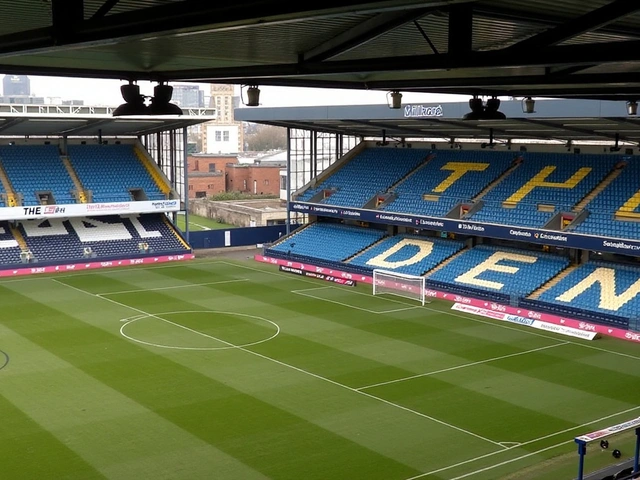
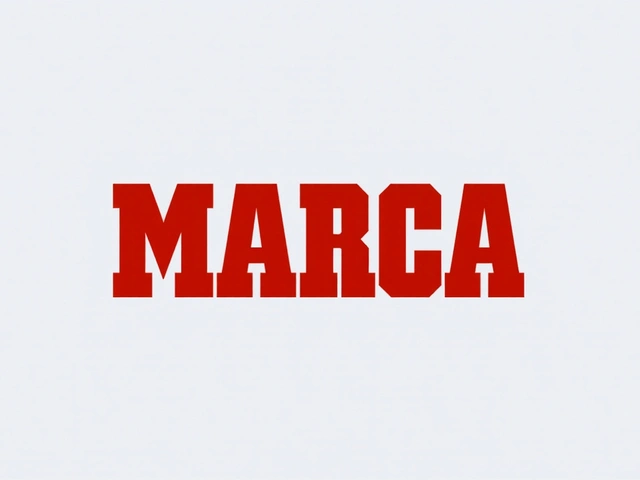
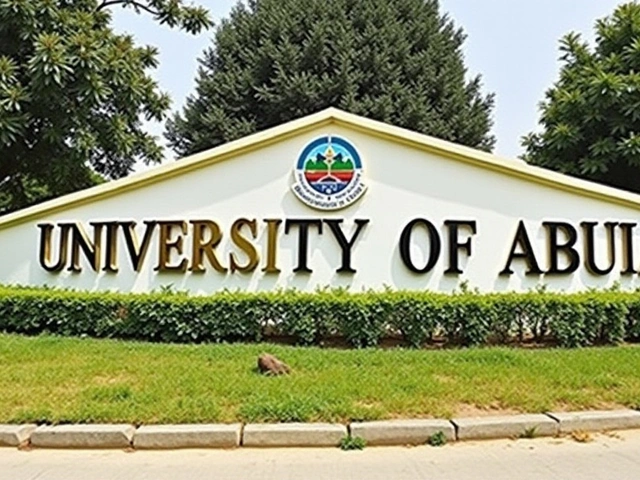
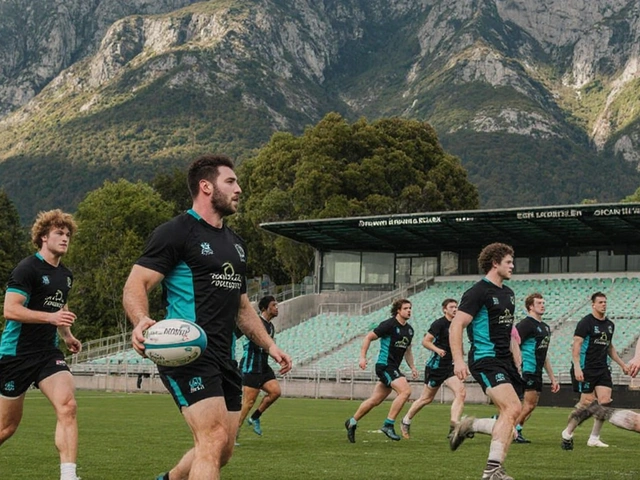
Comments
Marrissa Davis
This is huge! 🙌 Finally, someone’s listening to workers. I hope this actually gets paid out and doesn’t get diluted by inflation next month. Nigerian workers deserve this.
Sean Brison
I’ve been following this since the Senate started pushing it. Honestly, the speed of passage is surprising - usually Nigerian legislation moves like molasses. This feels like a real win.
Norm Rockwell
Let me guess - this is just a distraction tactic. The IMF probably told Tinubu to do this so they can flood the market with more dollars and crash the naira. You think they’re helping workers? Nah. They’re setting up the next currency collapse. Pay attention to the exchange rate next month.
Lawrence Abiamuwe
This is a milestone, truly. 🇳🇬 The journey from ₦30k to ₦70k is not just a number - it’s dignity. I pray the implementation is smooth and that SMEs get the support they need to adapt. Our people have waited too long.
Dan Ripma
The wage increase is not merely an economic policy - it is a moral reckoning. For decades, the Nigerian state has treated labor as a variable cost, not a human right. To raise the minimum wage is to acknowledge that a person’s labor has intrinsic value beyond market arbitrage. Whether this will be sustained, however, remains a question of political will - not legislative will.
amrin shaikh
Let’s be real - this is just performative politics. Nigeria’s economy is in shambles. You can’t just print higher wages without addressing inflation, currency devaluation, and infrastructure collapse. This is like giving a starving man a gold fork - useless if there’s no food. The real problem? Corrupt elites hoarding wealth. This wage hike? A Band-Aid on a hemorrhage.
jai utkarsh
I mean, honestly, this is laughable. The cost of living in Lagos alone is more than ₦100k/month for a decent life. Raising the minimum wage to ₦70k is like telling someone they can now afford to buy one loaf of bread instead of half a loaf. It’s not a solution - it’s a cruel joke dressed up as progress. And don’t get me started on how this will destroy SMEs. You can’t just throw money at systemic collapse and call it reform.
Chandan Gond
This is the kind of change we’ve been praying for! 💪 Even if it’s not perfect, it’s a start. Let’s support our workers and make sure this doesn’t get watered down. I’ve seen too many promises die in bureaucracy. Let’s keep the pressure on - but celebrate this win first. You’ve earned it, Nigeria!
Hailey Parker
So let me get this straight - we’re giving workers a raise so they can afford to pay for the same bread that just doubled in price because businesses are raising prices to cover the wage hike? Classic. 😏 The real win would be price controls, not just wage hikes. But hey, at least now the workers can afford to scream louder at the market.
John Bartow
You know, in many African countries, wage policies are shaped by colonial legacies and global capital flows. Nigeria’s decision here echoes the broader tension between local dignity and global economic pressure. The ₦70k isn’t just money - it’s a reclamation of agency. But the real test will be whether this is followed by investments in public services - healthcare, transport, power - because without those, even a doubled wage won’t change the daily grind. This is a cultural shift disguised as policy.
Mark L
yasss finally!! 😭🙏 hope they actually pay it and dont do that thing where they say they will but then its just a line on paper again. plz let this be real. my cousin in lagos is crying rn
Orlaith Ryan
YES! Finally! 🎉 This is what justice looks like! Let’s go Nigeria!
Jacquelyn Barbero
I’m so proud of how far Nigeria has come on this. I’ve seen how hard workers struggle - the long commutes, the side hustles just to eat. This isn’t just about money. It’s about respect. I hope the government follows through with training and support for small businesses too. This could be the start of something beautiful.
toby tinsley
A significant step, yes - but one that must be matched with institutional integrity. Without transparency in disbursement, accountability in enforcement, and safeguards against inflationary spirals, this becomes symbolic rather than substantive. I urge all stakeholders to remain vigilant.
Chris Richardson
Honestly, this is long overdue. I’ve got friends who work 12-hour days and still can’t afford to send their kids to school. This wage increase? It’s not a gift - it’s a correction. Let’s hope the government doesn’t mess it up by making the cost of everything else shoot up right after.
Arvind Pal
Good move but now watch inflation hit 40% next quarter. The real issue is productivity. You can’t pay people more if they’re not producing more. This is just inflation waiting to happen